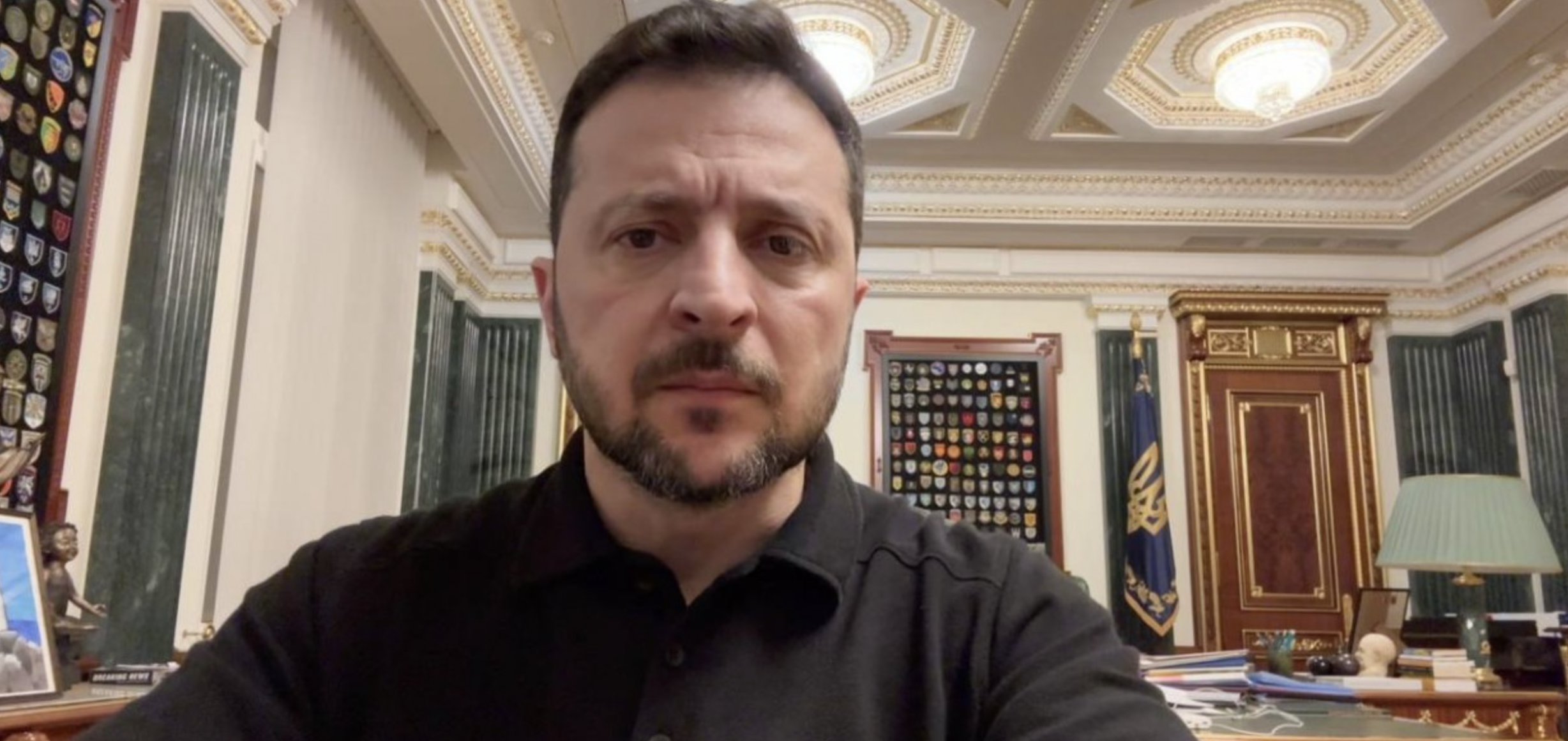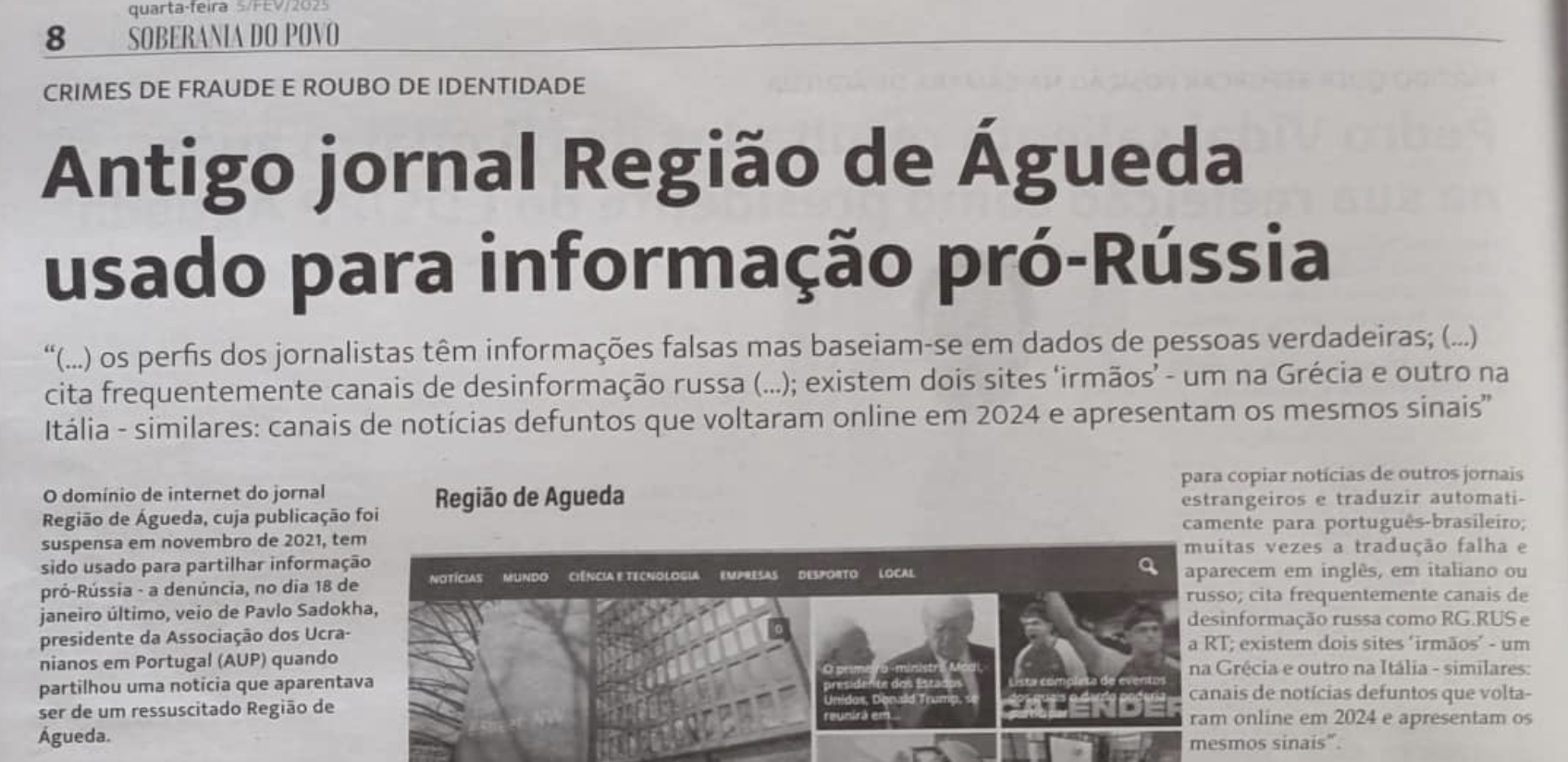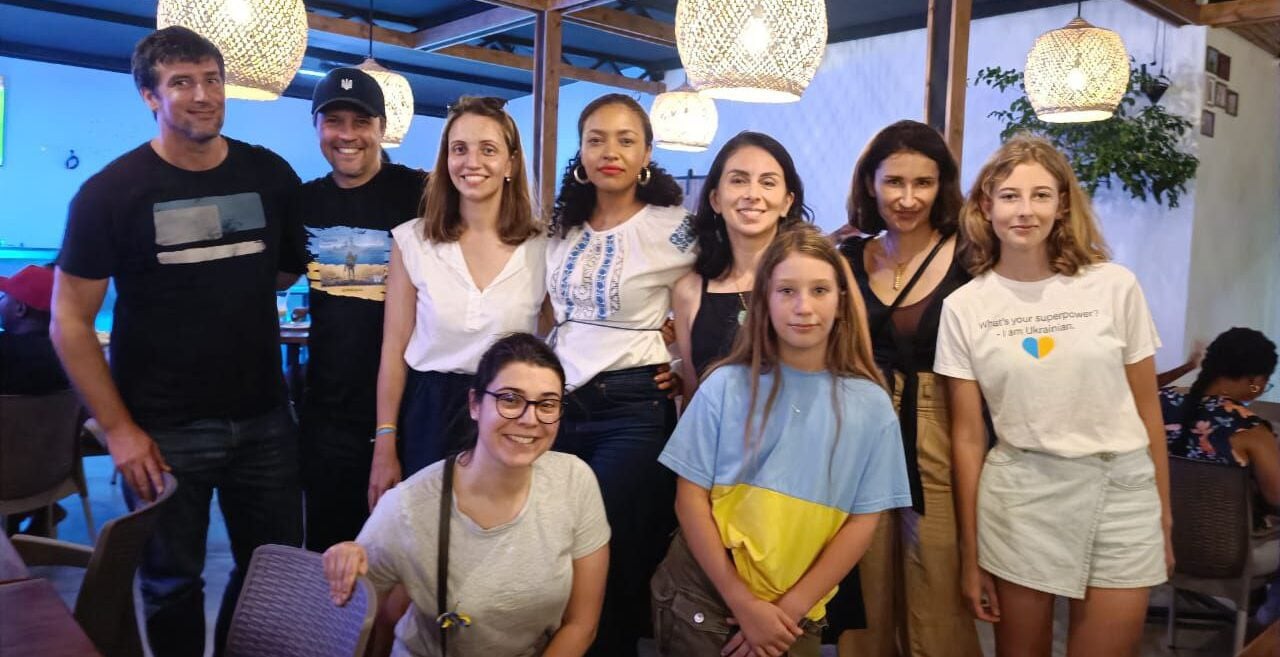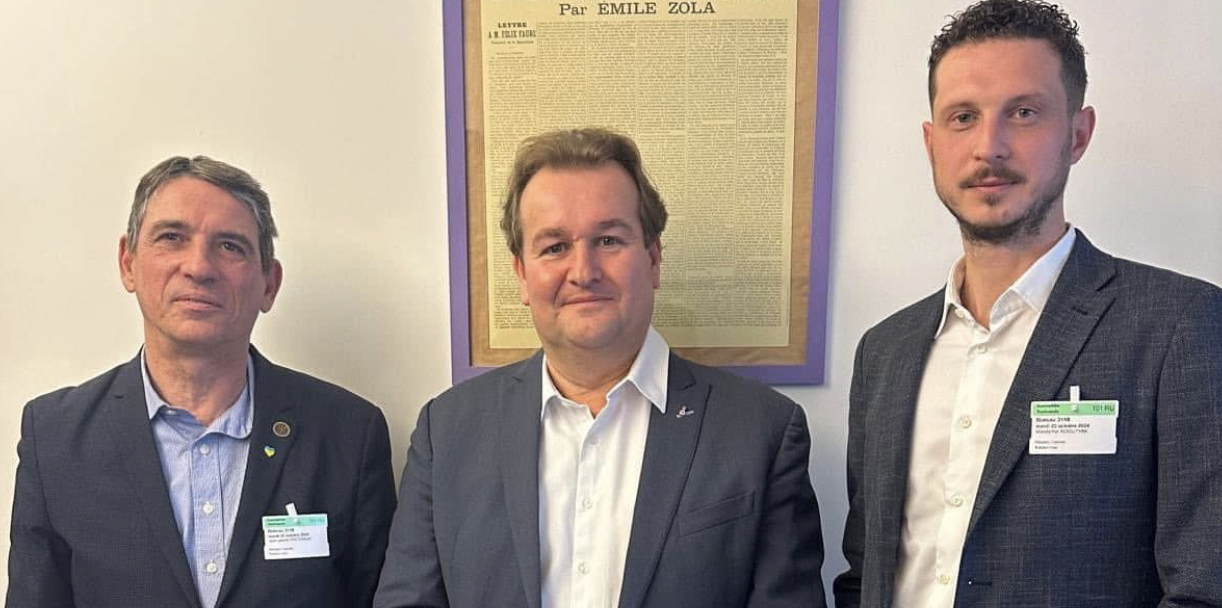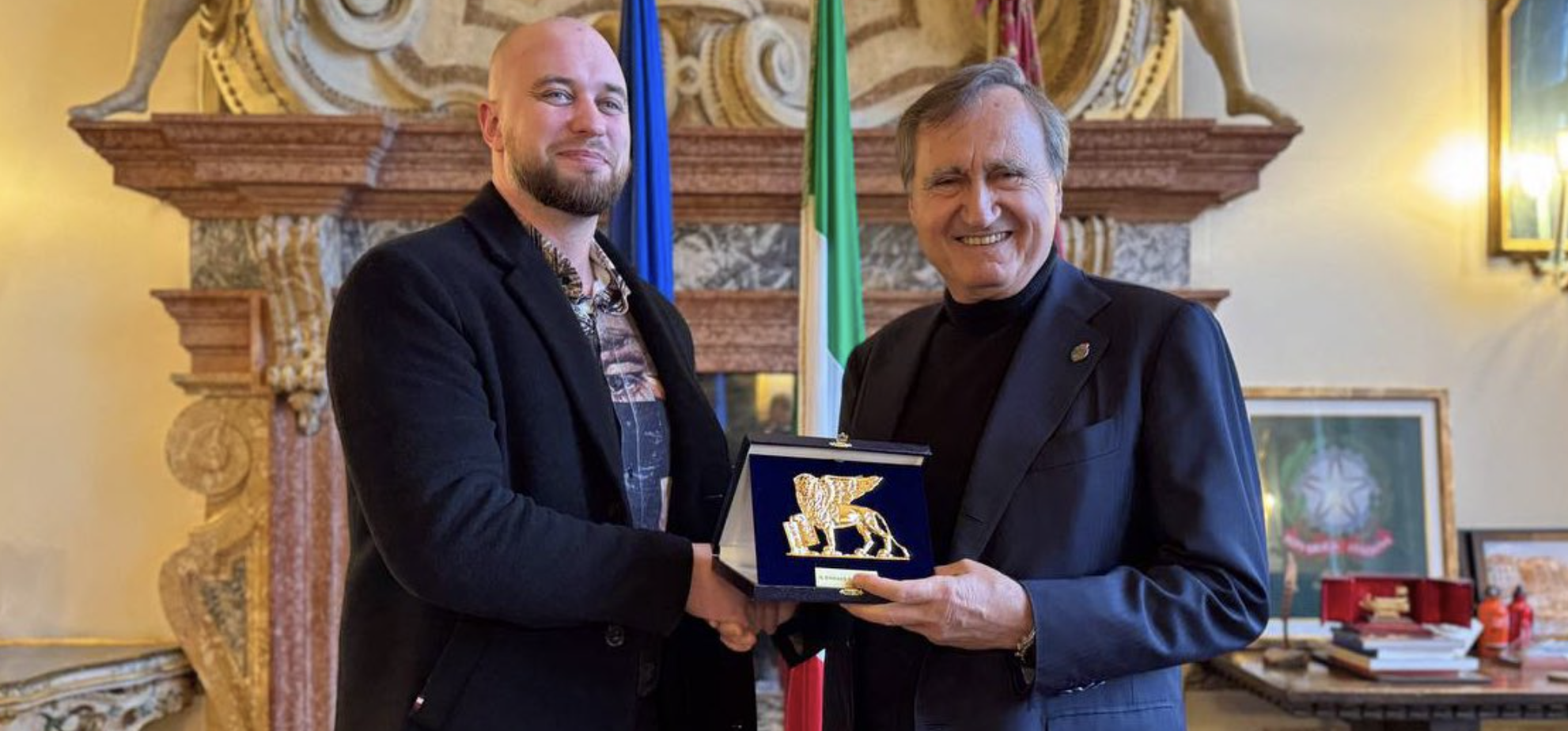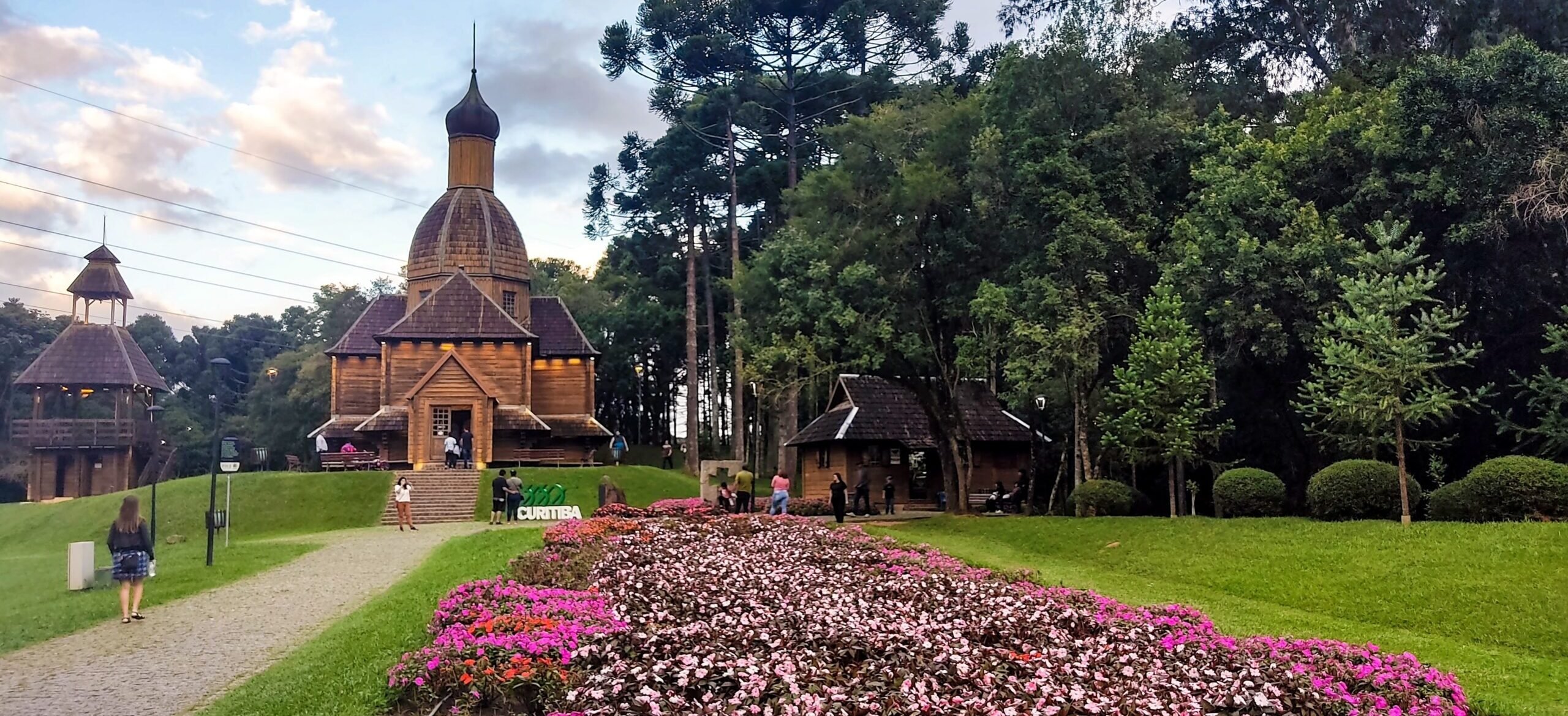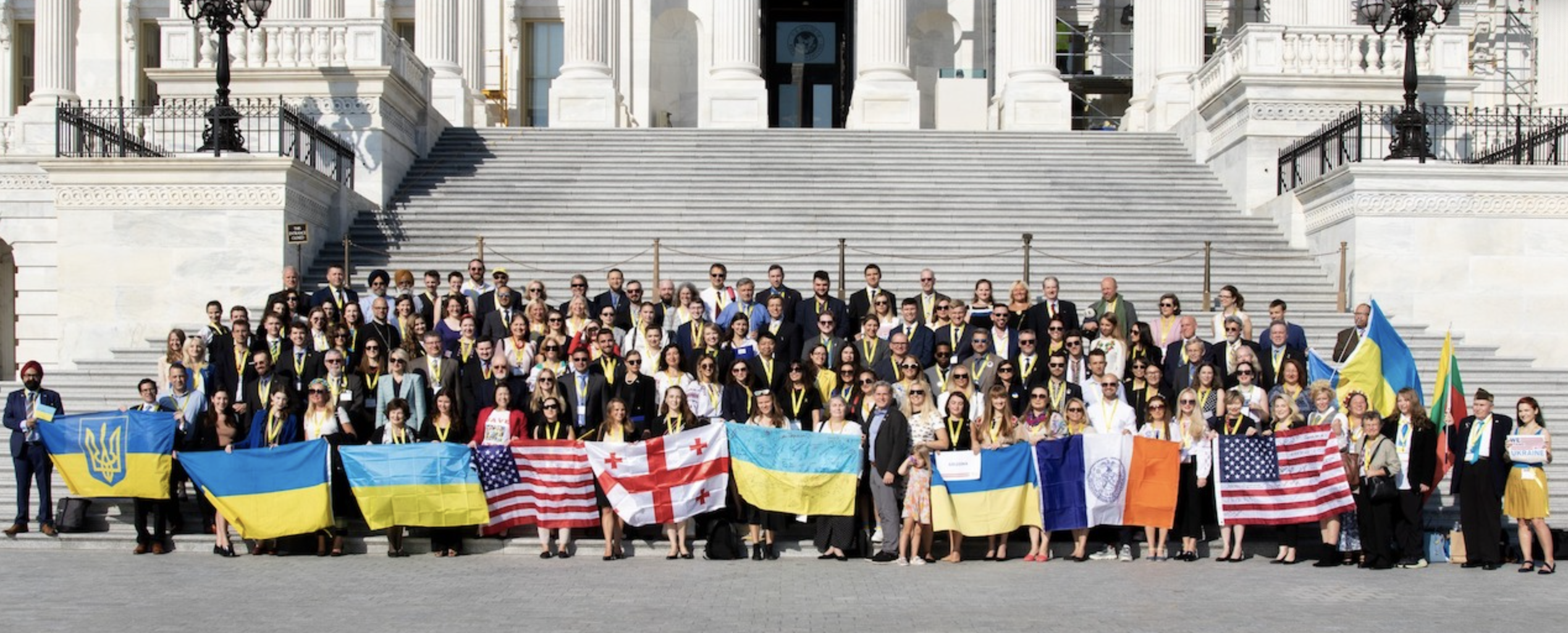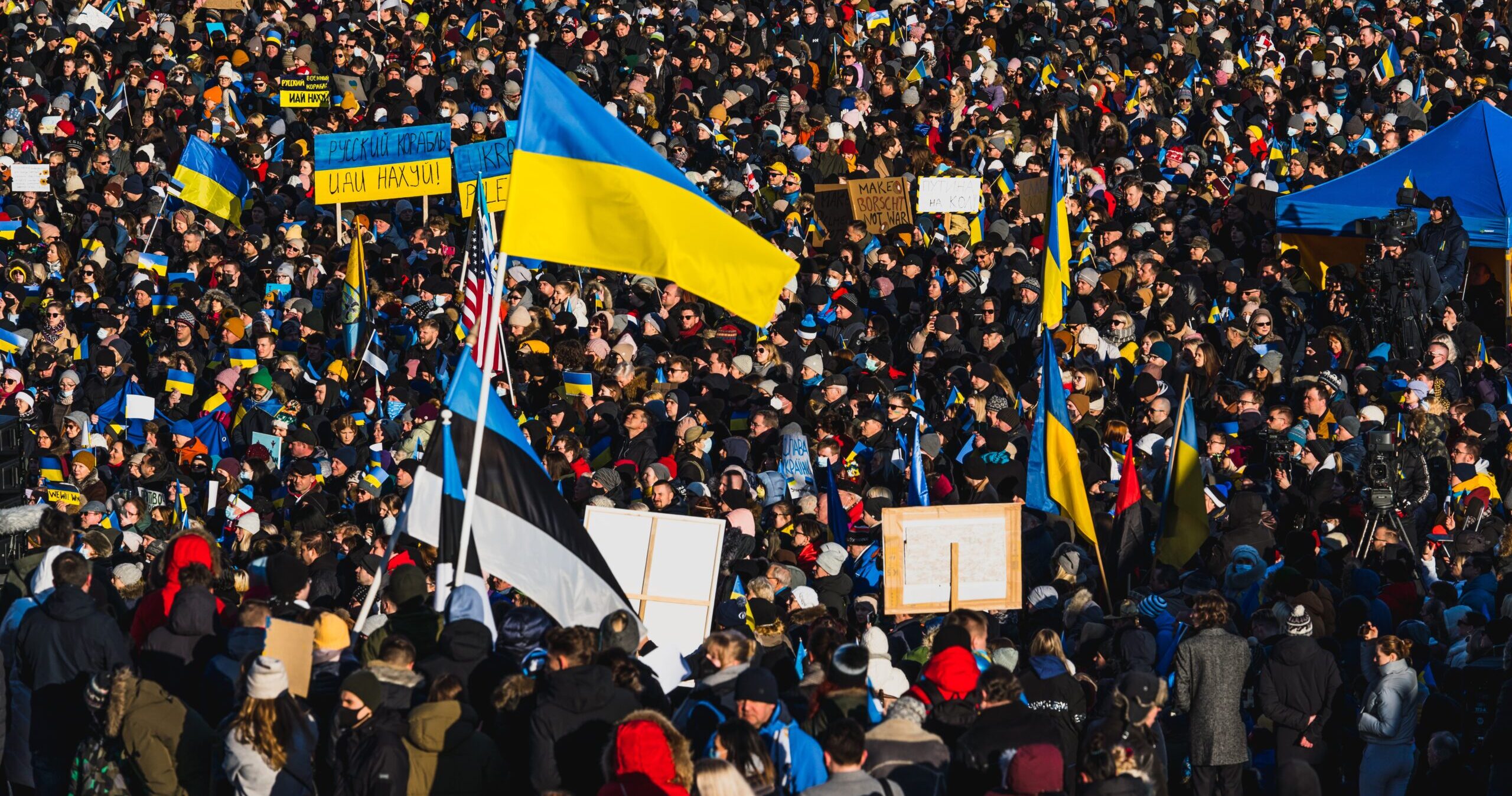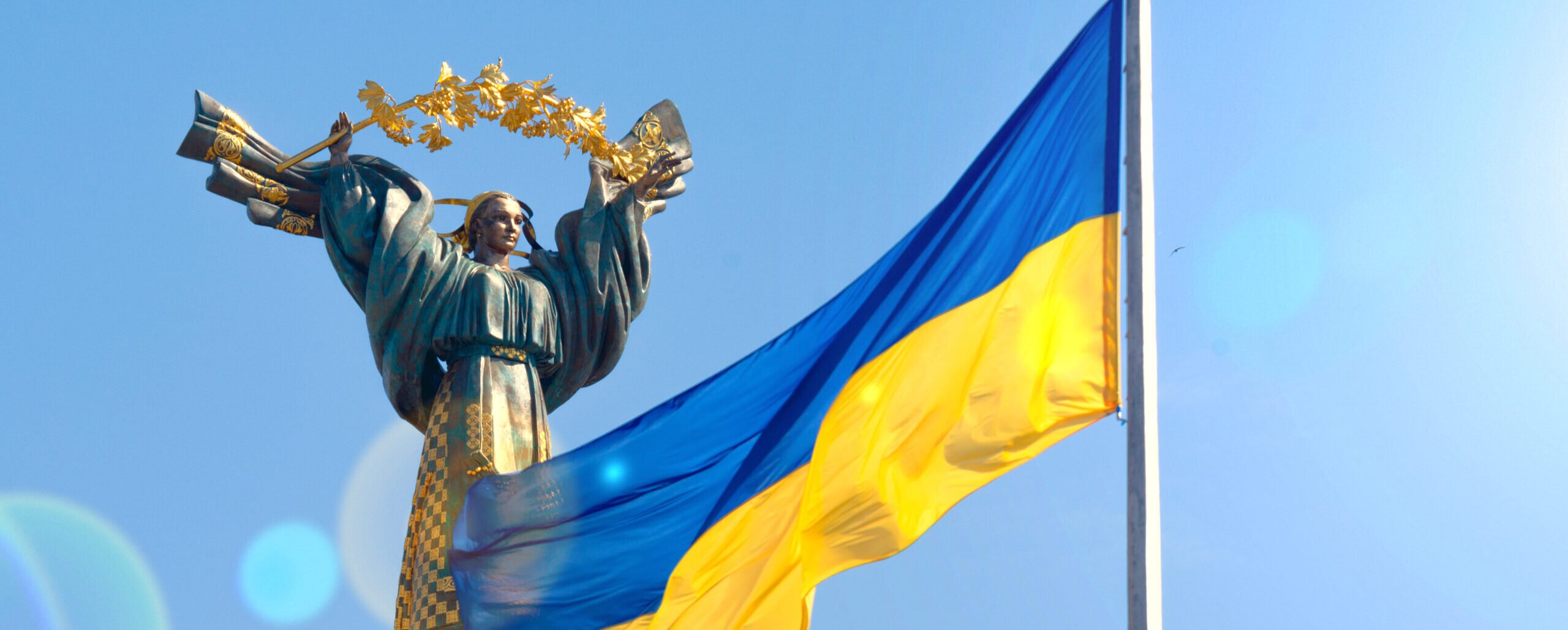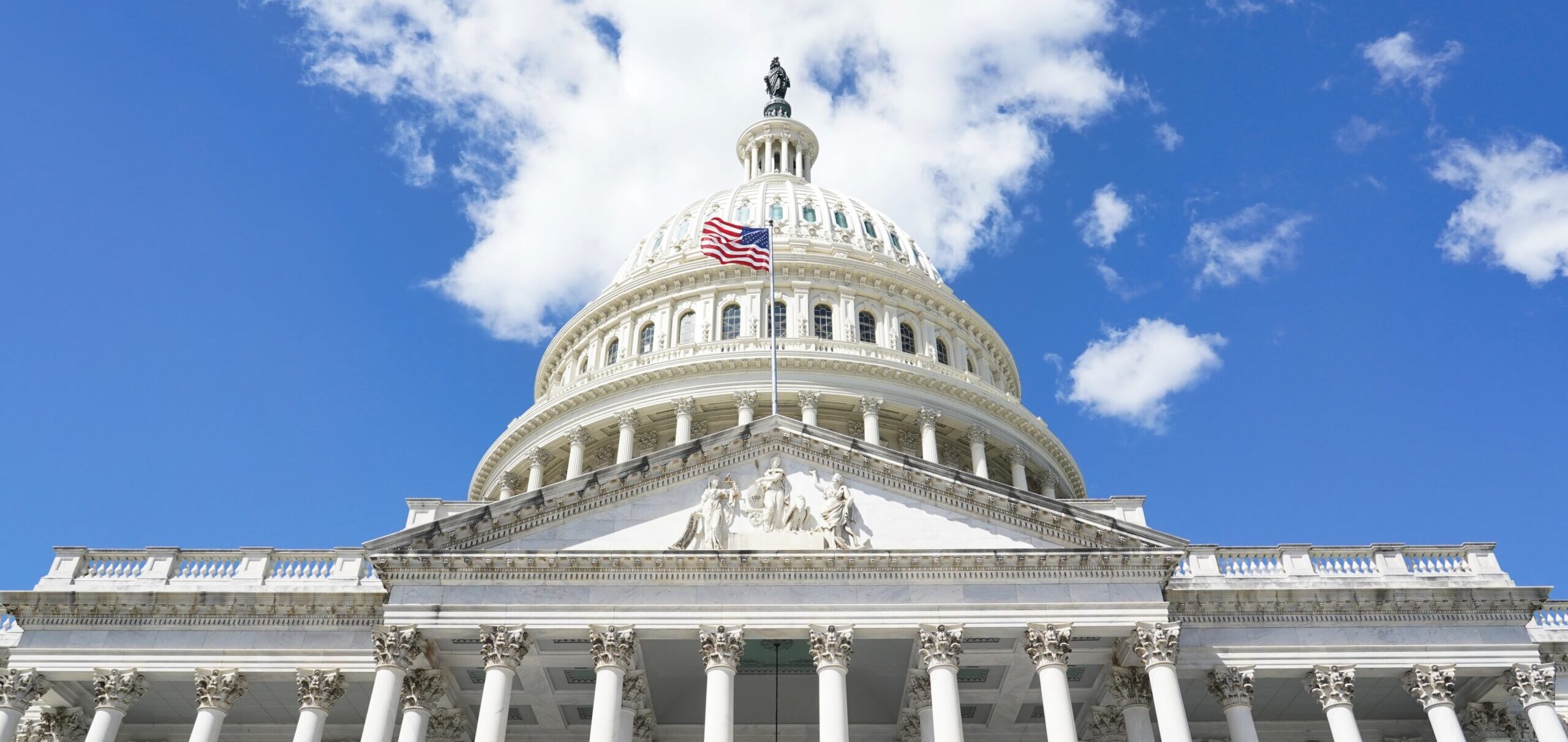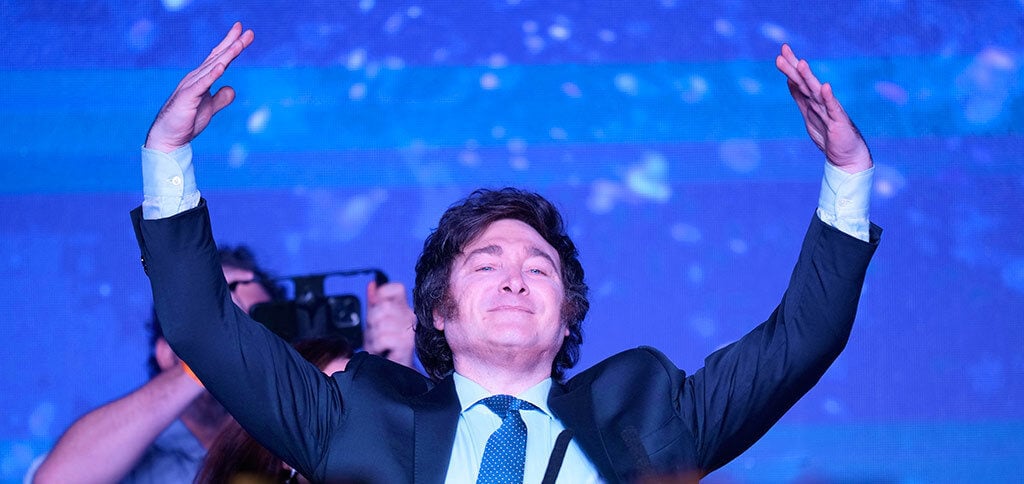

by Jorge Danylyszyn
Vice President of the Ukrainian World Congress for South America, Chairman of the Board of the “Prosvita” Ukrainian Cultural Association in Argentina
At the end of November, Javier Milei won the presidential election in Argentina sensationally; he was the candidate from the opposition libertarian coalition La Libertad Avanza [Freedom advances]. President Milei’s inauguration is planned for December 10. What does the future hold for South America’s second-largest, and the world’s largest Spanish-speaking country? How might these changes impact the global agenda and Ukraine?
Without a doubt, President Milei’s remarks concerning Argentina’s ideological and political orientation mark a positive turn in the region.
The pro-Russian position in the region follows an extensive campaign of ideological infiltration, whose roots can be found in the 1960s and which have stayed, and remain unchanged, even today (Russia Today, the Sputnik agency, tours of various artistic groups and, now, social media), especially through the mass media, in which the Russian Federation invests heavily, and maintains a propaganda apparatus based on the Russian Federation’s numerous diplomatic missions and embassies.
The anti-Western capitalist world campaign is very strong in Argentinian society, particularly against the United States and England, starting with the conflict over the sovereignty of the Malvinas Islands (Falklands for the British), which is a constant theme, even when it comes to Ukraine, which is “accused” of supporting the British in this confrontation.
In general, most Argentine politicians maintain an equidistant stance towards the central states [i.e. great powers], sometimes leaning one way, sometimes the other, according to their own interests and economic needs, or to grab their voters’ votes.
Several months ago, in an interview with American journalist Tucker Carlson, President-elect Milei stated that “I am not going to do business with China, I am not going to do business with any communist. I am a defender of freedom, peace, and democracy; the communists don’t go there, the Chinese don’t go there, Putin doesn’t go there. Lula does not go there.” He also said he would break off relations with Brazil over the ideology of its President Lula.
More recently, however, after the presidential election that Milei won with 55.7% of the vote, the future Foreign Minister Diana Mondino, prior to Chinese President Xi Jinping’s greetings to Milei, said that “there is no point in breaking relations with Brazil and China.” Remember that both countries, Brazil and China, are the Argentine Republic’s main trading partners; the newly-elected president stated has also that “private parties will be able to trade with whomever they wish.”
As mentioned above, economist Diana Mondino, who was elected Chancellor [foreign minister] by Libertad Avanza, said that Argentina “will not join BRICS.” During her lightning-quick trip to mend fences with President Luiz Inacio “Lula” da Silva, Mondino said that she did not raise the issue of Argentina joining the BRICS bloc, as had been previously announced by incumbent President Fernandez, in her conversations. “I understand that we have been invited to participate in BRICS, but we have not officially accepted. To join, you are required to make a capital contribution, and Argentina is not in a position to do that,” Mondino said.
Milei’s very positive statements, repeated by the international press, are in line with his campaign statements. The economic reality, especially the needs of the economy, which must undergo significant and profound transformations, will dictate the policies that need to be adopted in each situation. Enacting or modifying the campaign statements depends on these results. However, the indications are that we are moving in the right direction. Can Argentines turn away from 50 years of populist disillusionment, and towards a policy of pro-Western and capitalist progress? Today, this is a huge challenge and a big question mark, both at the same time.
Cover: Natacha Pisarenko /Associated Press / Alamy Stock Photo
